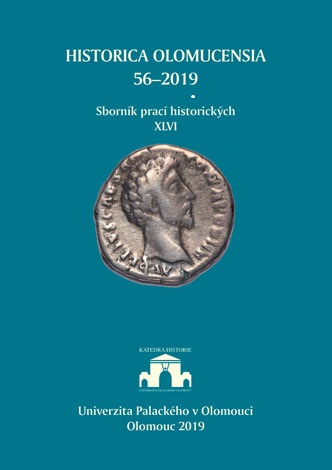Pohled československých vnitřních bezpečnostních složek na ruskou emigraci v meziválečném období
The view of the Czechoslovak law-enforcement agencies on Russian emigration in the interwar period
Author(s): David Hubený, Naděžda KruglováSubject(s): History, Interwar Period (1920 - 1939)
Published by: Univerzita Palackého v Olomouci
Keywords: russian emigration; law-enforcement agencies;interwar Czechoslovakia;
Summary/Abstract: Since its establishment, Czechoslovakia faced disfavour not only from its neighbours, but also from an important segment of the population within its own borders. This led to the fact that even though it managed to preserve its democratic character throughout the interwar period, at the same time, it had a relatively sophisticated and powerful intelligence apparatus falling under several ministries, which should have prevented monopolization of power. Czechoslovak security forces kept an overview of the most important groups and representatives of Russian emigration. In general, all emigrant groups were closely observed, including the Russian ones, and became a fertile ground for recruiting informers. The Czechoslovak authorities were foremostly interested in those organizations that inclined to or directly endorsed Nazism and Fascism, including their connections to Czech fascist groups.
Journal: Historica Olomucensia. Sborník prací historických
- Issue Year: XLVI/2019
- Issue No: 56
- Page Range: 185-198
- Page Count: 14
- Language: Czech

